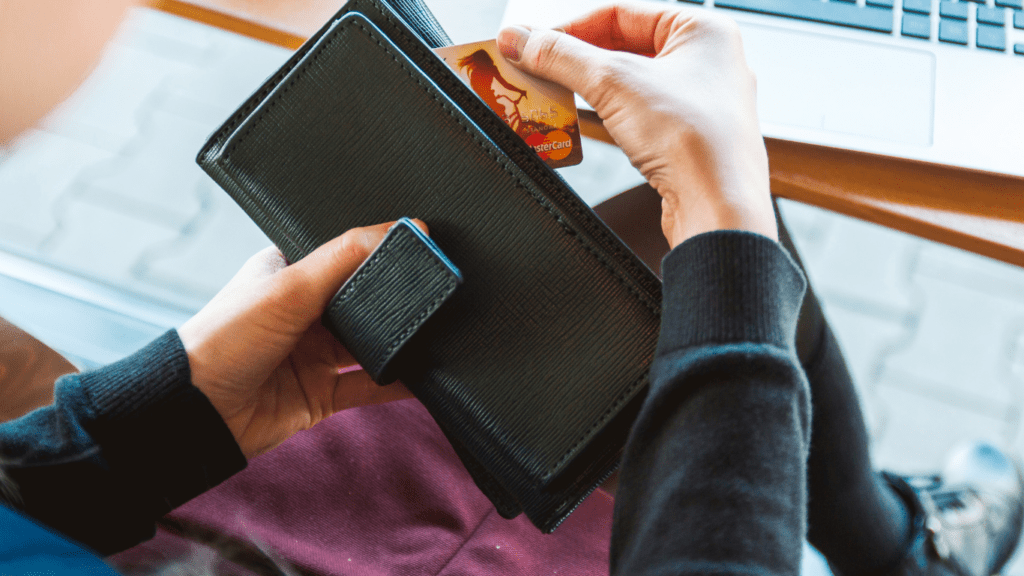In the digital age, protecting your wallet from security breaches is more crucial than ever. As a seasoned blogger, I’ve witnessed the alarming rise in cyber threats targeting personal finances. Recent incidents have highlighted the vulnerability of online wallets, making it imperative for individuals to safeguard their financial assets proactively.
With hackers becoming increasingly sophisticated, staying ahead of potential breaches requires vigilance and a solid security strategy. In this article, I’ll delve into the latest wallet security breaches, shedding light on the tactics used by cybercriminals to exploit vulnerabilities. By understanding these threats, you can arm yourself with the knowledge needed to fortify your defenses and protect your hard-earned money.
Overview of Recent Wallet Security Breaches
As an expert in online security, I’ll delve into the major incidents in the last year and their impact on consumers and businesses to help you understand the importance of safeguarding your digital assets effectively.
Major Incidents in the Last Year
In the past year, there have been several high-profile wallet security breaches that have raised concerns among consumers and businesses alike. For instance, a well-known cryptocurrency exchange experienced a massive data breach compromising millions of users’ personal and financial information. Similarly, a popular digital wallet service reported a cyberattack leading to unauthorized access to customer funds. These incidents underscore the growing threat posed by cybercriminals targeting online wallets.
Impact on Consumers and Businesses
The repercussions of these security breaches have been significant for both consumers and businesses. Many individuals faced financial losses and identity theft, resulting in a loss of trust in digital payment platforms. Moreover, businesses affected by these breaches have suffered reputational damage and financial liabilities, highlighting the need for robust security measures to protect user data and funds. It’s crucial for consumers to stay vigilant and implement best practices to mitigate the risks associated with online wallet security breaches.
Understanding the Weak Points in Wallet Security
When it comes to wallet security, understanding the common types of vulnerabilities is crucial. By being aware of these weak points, I can better protect my financial assets from potential threats. Let’s explore some key areas where wallet security can be compromised.
Common Types of Wallet Security Vulnerabilities
- Phishing Attacks: Cybercriminals use deceptive emails or websites to trick individuals into revealing their wallet login credentials or sensitive information.
- Malware: Malicious software can infect devices and steal wallet access information, jeopardizing the security of digital funds.
- Weak Passwords: Using easy-to-guess passwords or reusing them across multiple accounts can make wallets vulnerable to unauthorized access.
- Unsecured Networks: Connecting to public Wi-Fi networks or unsecured websites can expose wallet data to interception by hackers.
- Cryptocurrency Exchange Hack: In a recent incident, a major cryptocurrency exchange fell victim to a cyber attack, resulting in the theft of millions of dollars’ worth of digital assets from users’ wallets.
- Digital Wallet Service Breach: A well-known digital wallet provider experienced a security breach, leading to personal information leaks and financial losses for its users.
By examining these common vulnerabilities and real-world breaches, I can enhance my understanding of potential risks and take proactive measures to safeguard my wallet security.
Practical Tips to Enhance Your Wallet Security

Strengthening Passwords and Authentication Methods
When it comes to securing your online wallet, one of the fundamental steps is strengthening your passwords and authentication methods. I suggest using complex passwords with a combination of letters, numbers, and special characters. Avoid using easily guessable information like birthdays or names. Additionally, enable two-factor authentication where possible to add an extra layer of security to your account.
Using Advanced Security Features and Updates
To further enhance your wallet security, make sure to utilize advanced security features offered by your wallet service provider. This may include biometric authentication, encryption technologies, and secure login protocols. Regularly update your wallet software to patch any known security vulnerabilities and protect your funds from potential threats. Staying proactive in adopting the latest security measures can significantly reduce the risk of unauthorized access to your digital assets.
Future Trends in Wallet Security
As I delve into the future trends shaping wallet security, it’s evident that innovations in secure wallet technology play a pivotal role in enhancing the protection of digital assets. Let’s explore the advancements and predictions for security threats and countermeasures in the realm of online wallets.
Innovations in Secure Wallet Technology
Innovations in secure wallet technology continue to evolve, offering enhanced security features to safeguard users’ digital assets. Methods such as hardware wallets, which store private keys offline, provide an extra layer of protection against online threats. Biometric authentication, including fingerprint and facial recognition, adds a personalized security element to wallet access, making it more difficult for unauthorized individuals to gain entry. Moreover, advancements in encryption technologies ensure that sensitive financial information remains secure during transactions, reducing the risk of data breaches.
Predictions for Security Threats and Countermeasures
Looking ahead, security threats in the digital realm are expected to become more sophisticated, posing challenges to online wallet security. Cybercriminals may leverage artificial intelligence and machine learning algorithms to launch targeted attacks on wallets, exploiting vulnerabilities in security systems. As a proactive measure, wallet providers are enhancing their defenses by implementing robust anti-phishing mechanisms, strengthening encryption protocols, and conducting regular security audits to identify and address potential loopholes. Additionally, educating users about best security practices and promoting awareness about emerging threats are crucial components in safeguarding online wallets against evolving risks.


